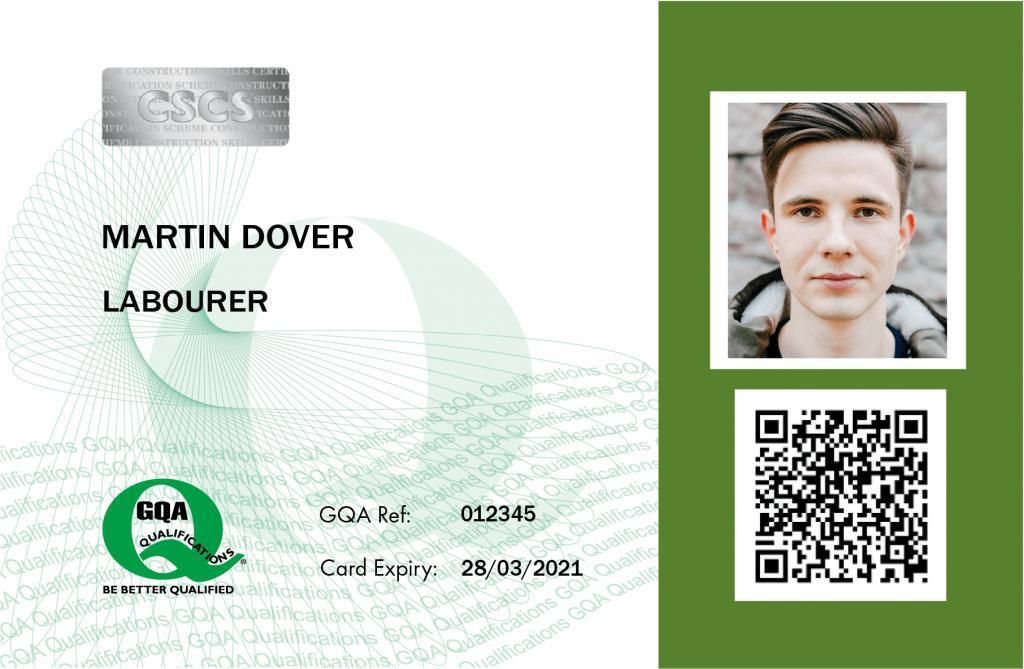
Effective Strategies for Managing Negotiations and Avoiding Gaps
Course ID: 2506300101067EGI
Course Dates : 30/06/25 Course Duration : 5 Studying Day/s Course Location: London, UK
Language: Bilingual
Course Category: Professional and CPD Training Programs
Course Subcategories: Communication and Interpersonal Skills
Course Certified By: * Projacs Academy
* Professional Training and CPD Programs
Certification Will Be Issued From :
KSA
Course Fees: £4,838.34
Vat Not Included in the price. VAT may vary depending on the country where the course or workshop is held.
Click to Pay
Date has passed please contact us Sales@e-s-hub.com
Course Information
Introduction
Negotiation is a fundamental skill in business, law, diplomacy, and everyday professional interactions. Effective negotiation strategies not only influence outcomes but also foster long-term relationships, mitigate risks, and drive organizational success. The ability to negotiate successfully requires a deep understanding of human behavior, communication dynamics, and strategic decision-making. Without the right approach, negotiations can lead to misunderstandings, conflicts, and contractual gaps that may result in financial and reputational risks.
Mastering negotiation techniques involves more than just persuasion; it requires a systematic approach to preparation, clear goal setting, and the ability to adapt strategies based on counterpart behavior. Professionals who can navigate these complexities enhance their ability to secure favorable terms while maintaining productive relationships. Additionally, addressing potential negotiation gaps—whether in contractual clauses, communication breakdowns, or strategic alignment—ensures smoother transactions and minimizes future disputes.
One of the significant challenges in negotiations is balancing assertiveness with collaboration. Rigid negotiation tactics can create resistance and lead to impasses, whereas overly flexible approaches may result in unfavorable concessions. Skilled negotiators must learn how to read the situation, understand the motivations of all parties, and employ strategies that align with both their objectives and ethical considerations. This balance becomes even more critical in cross-cultural negotiations, where understanding diverse perspectives and expectations plays a vital role.
Another crucial aspect is recognizing the psychological and emotional components of negotiation. Cognitive biases, emotional triggers, and decision-making under pressure can influence outcomes. By learning how to manage these factors, negotiators can remain composed, think critically, and avoid costly mistakes. Training in effective negotiation strategies also provides insights into non-verbal cues, active listening, and framing techniques that can significantly impact the direction of discussions.
Incorporating structured negotiation frameworks and best practices ensures consistency and reliability in deal-making. Whether dealing with contract negotiations, procurement agreements, dispute resolutions, or multi-party discussions, applying proven methodologies enhances efficiency and reduces uncertainty. Moreover, leveraging data analytics and negotiation technologies can provide valuable insights, helping professionals anticipate challenges and make informed decisions.
This comprehensive training program equips participants with the essential skills, techniques, and strategic mindset required to negotiate effectively while avoiding gaps in agreements. By understanding both theoretical foundations and practical applications, attendees will gain confidence in managing complex negotiations, safeguarding their interests, and fostering positive long-term partnerships.
Objectives
By attending this course, participants will be able to:
Develop a structured approach to negotiation, ensuring clarity, preparation, and goal alignment.
Identify and mitigate potential gaps in negotiation processes and contractual agreements.
Apply advanced communication techniques to enhance persuasion, active listening, and non-verbal influence.
Navigate challenging negotiations using conflict resolution strategies and problem-solving methodologies.
Utilize negotiation frameworks such as BATNA (Best Alternative to a Negotiated Agreement) and ZOPA (Zone of Possible Agreement).
Manage high-stakes negotiations with confidence, even in cross-cultural and multi-party scenarios.
Analyze negotiation risks and implement effective mitigation strategies.
Leverage data and analytics to improve negotiation outcomes and decision-making.
Enhance ethical negotiation practices to maintain credibility and long-term relationships.
Implement real-world negotiation simulations and role-playing exercises for hands-on experience.
Who Should Attend?
This course is ideal for:
Business executives, managers, and decision-makers involved in negotiations and contract management.
Procurement and supply chain professionals seeking to optimize vendor agreements and cost structures.
Legal professionals, contract administrators, and compliance officers responsible for drafting and reviewing agreements.
Sales and marketing professionals aiming to strengthen their negotiation techniques with clients and partners.
Project managers and consultants working on multi-stakeholder engagements requiring strategic alignment.
HR professionals involved in salary negotiations, employee contracts, and dispute resolutions.
Entrepreneurs, business owners, and startup founders negotiating investments, partnerships, and business deals.
Government officials and policymakers engaged in public-private negotiations and policy-making discussions.
Training Method
• Pre-assessment
• Live group instruction
• Use of real-world examples, case studies and exercises
• Interactive participation and discussion
• Power point presentation, LCD and flip chart
• Group activities and tests
• Each participant receives a 7” Tablet containing a copy of the presentation, slides and handouts
• Post-assessment
Program Support
This program is supported by:
* Interactive discussions
* Role-play
* Case studies and highlight the techniques available to the participants.
Daily Agenda
The course agenda will be as follows:
• Technical Session 08.30-10.00 am
• Coffee Break 10.00-10.15 am
• Technical Session 10.15-12.15 noon
• Coffee Break 12.15-12.45 pm
• Technical Session 12.45-02.30 pm
• Course Ends 02.30 pm
Course Outlines
Foundations of Effective Negotiation
Understanding negotiation principles and key terminology
The psychology of negotiation: cognitive biases and emotional intelligence
Building rapport and trust in negotiations
Preparing for negotiations: goal setting, research, and risk assessment
Day 2:
Strategies and Techniques for Successful Negotiations
Applying the BATNA and ZOPA frameworks
Strategic communication: persuasive language, active listening, and questioning techniques
Non-verbal communication and its impact on negotiation dynamics
Handling objections, resistance, and difficult counterpart behavior
Day 3:
Managing and Closing Negotiation Agreements
Structuring clear and enforceable agreements
Identifying and mitigating contractual gaps and ambiguities
Negotiation ethics and maintaining integrity in deal-making
Best practices for finalizing, documenting, and reviewing agreements
Day 4:
Complex and High-Stakes Negotiations
Multi-party and cross-cultural negotiation dynamics
Crisis negotiation strategies and conflict resolution techniques
Leveraging data, AI, and analytics in negotiations
Managing negotiations in uncertain or volatile environments
Day 5:
Practical Application and Advanced Scenarios
Real-world case studies and lessons from successful negotiators
Simulation exercises: role-playing complex negotiations
Feedback, reflection, and improvement strategies
Developing a personal action plan for continuous negotiation skill enhancement



















































